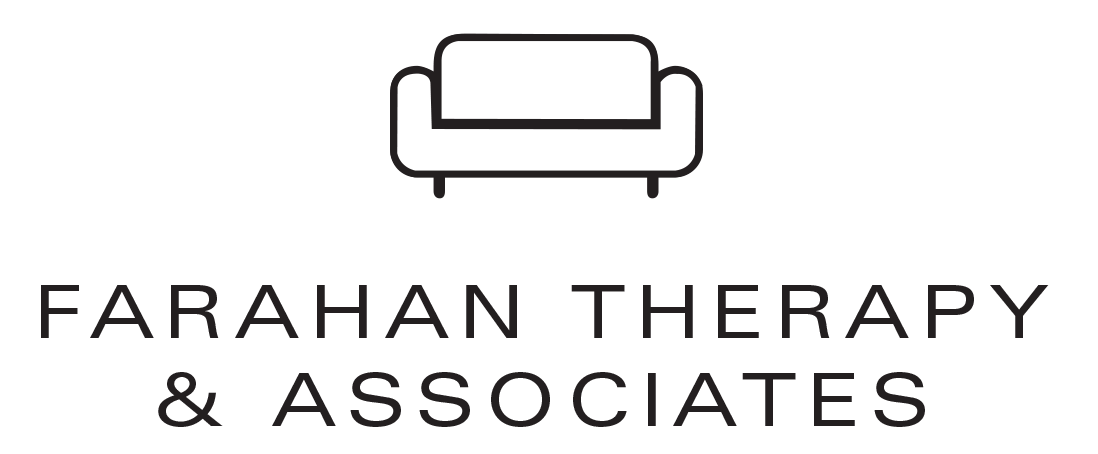Over the past few months, there’s been a lot of focus on the side effects of modern medicine, particularly those related to medicines we ingest into our body. While the current medical hesitance appears misguided, at best– seriously, folks, please get vaccinated when you can– on a broader scale, a cautious approach towards any medication is understandable.
No medical decision should ever be taken lightly, and for many people, deciding on whether or not to take a prescribed medication comes down to weighing the risk versus the reward.
But what if I told you there was a remedy that was all reward, and no risk? Wouldn’t it be life changing to discover a medication– sans side effects– that could prime your brain for happiness, and was clinically proven to:
- Lower blood pressure
- Improve heart health
- Reduce anxiety
- Strengthen the immune system
- Slow aging and cognitive decline
- Improve decision-making, problem-solving, and creative abilities
- Improve your mood, memory, and emotional regulation
Wouldn’t you leap at the opportunity to obtain such a medicine? Luckily, you don’t need to leap– or even move at all– to reap the rewards of this potent pharmaceutical. In fact, all you need to do is sit back, relax, and try to shut your mind down to garner the benefits…of meditation!
Meditation is Medication…Without the Side Effects
Meditation is, simply, a way of connecting with yourself, trying to stay present in the present, and utilizing mindfulness techniques to remain mindful throughout each and every day. The potent power of meditation is backed by years of research, and the benefits of meditation for you– and your pursuit of happiness– goes far beyond those mentioned here.
But the concept of meditation, in our current society, is riddled with preconceived notions, often being associated with hippie-dippy ideals and Enya superfans. Many people turn their noses up at the concept, and for those who remain hesitant, it’s important to debunk those misguided beliefs before they can begin.
Examples of What Meditation Is NOT or Does NOT Entail
- Myth: You need to become a shaman or join a monastery if you meditate.
○ Fact: Anyone can practice meditation without major or drastic personal changes.
- Myth: You’re required to sit in silence for hours to accomplish anything worthwhile.
○ Fact: How long, and how exactly, you meditate is up to you.
- Myth: You need to rid yourself of all your thoughts to be successful.
○ Fact: Telling yourself to stop thinking is unfeasible, and thoughts popping up is to be expected.
- Myth: You need to become a New Age practitioner across the board and dive deep into Eastern philosophy.
○ Fact: Again, you can practice meditation without changing yourself or your life.
- Myth: Meditation takes too much time and is too difficult to do.
○ Fact: You can achieve results in as little as five minutes per day, and practice mindfulness anywhere.
- Myth: It takes years of consistent practice to see beneficial results of any kind.
○ Fact: Research suggests you will see positive gains after only three weeks of consistent meditative practice.
It can be challenging to begin, and the idea of quieting your mind may seem too daunting to consider. A few tips to consider when starting the practice:
- Focus on your Breath – This can help keep you in the present moment.
- Don’t Judge yourself – It’s ok to still have thoughts, and many seasoned meditation vets still struggle with their wandering mind.
- Start Small – Studies show as little as 5 minutes per session can produce results.
- Sneak in Meditation – Practice mindfulness anywhere, whether you’re cooking, or gallivanting around town.
Meditating is a key aspect of priming your brain to connect with the world, and a crucial component in the path towards fulfillment and happiness. Starting out can be difficult, and maintaining the long term endurance required to benefit throughout your lifetime can be challenging.
But if you can get past your initial reluctance to try something unorthodox, you’ll soon find the presented results aren’t empty promises, and may in fact be better than advertised. Keep your eyes on the prize– long term happiness and fulfillment– and you’ll find yourself reaping the rewards of meditation before you know it.





Pingback: How to Increase and Incorporate Mindfulness in Your Life - Farahan Therapy